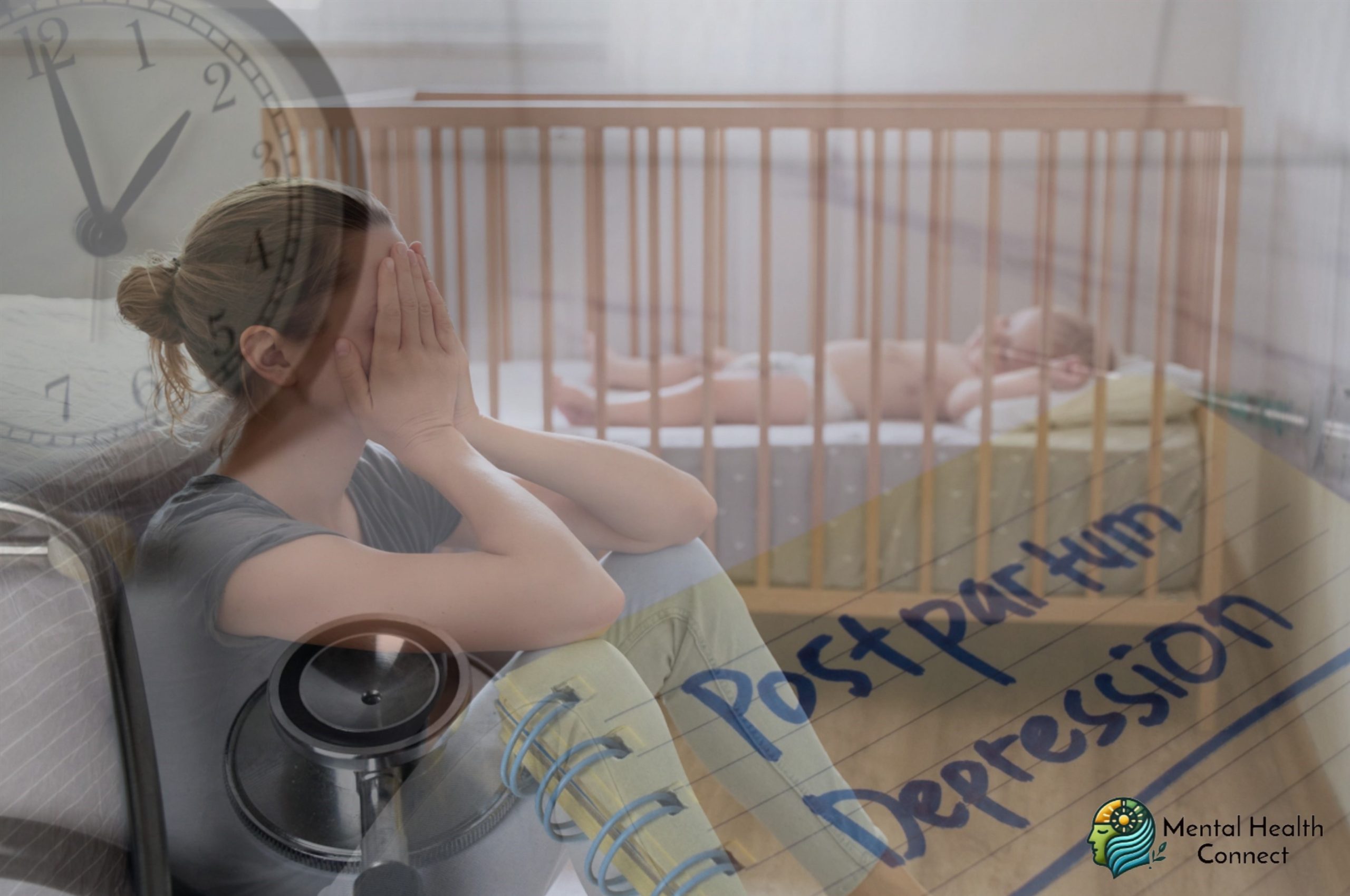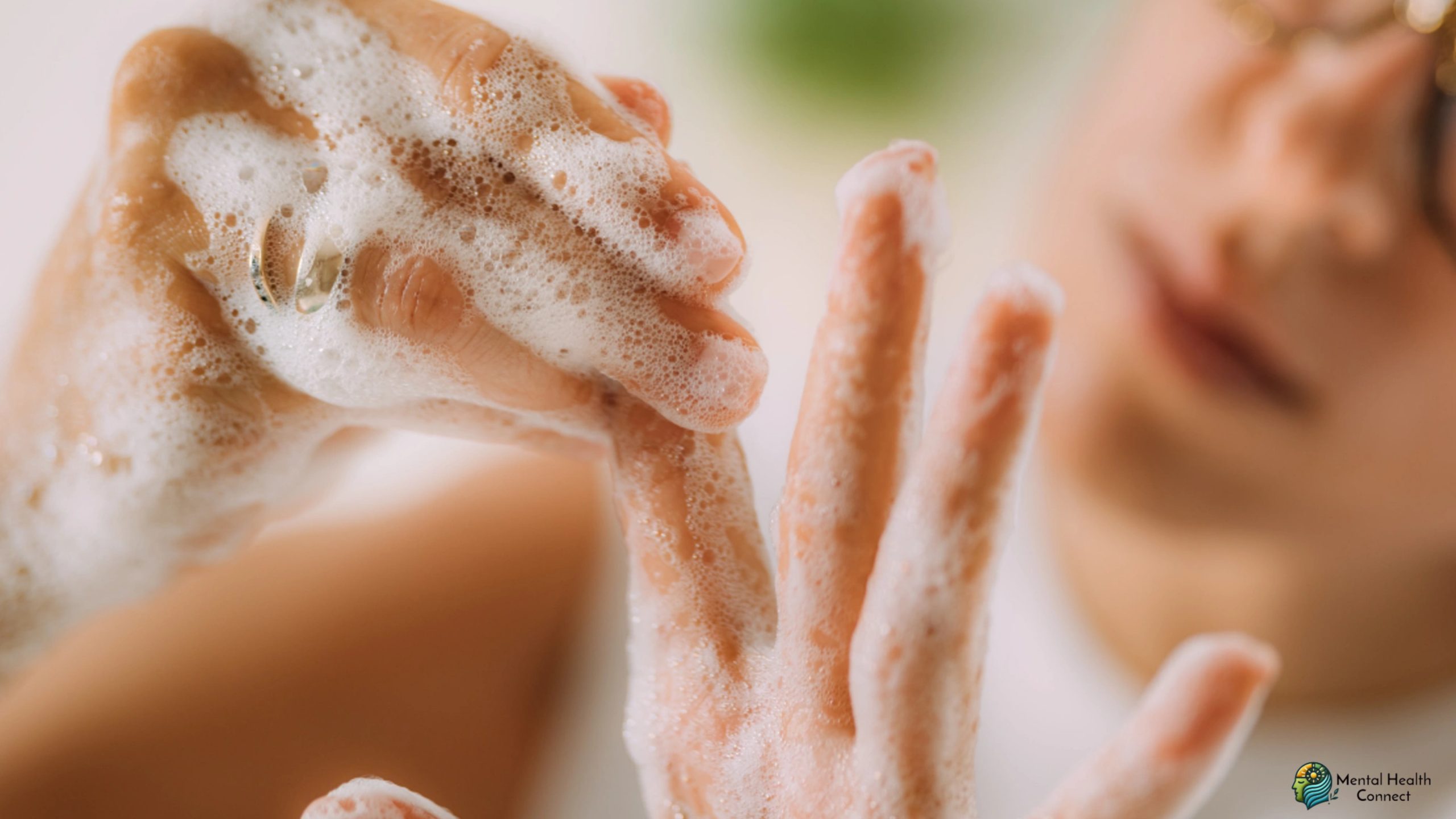Recognizing the Signs of Postpartum Depression

Becoming a parent brings joy and excitement, but for many new mothers, it can also trigger unexpected emotional challenges. While the “baby blues” – feeling tearful or overwhelmed in the first few days after childbirth – are common, postpartum depression (PPD) is a more serious condition that requires attention and treatment. Recognizing the signs early can help new mothers get the support they need during this vulnerable time.
Understanding Postpartum Depression
Women may experience postpartum depression, a type of clinical depression, following childbirth. It typically emerges within the first few weeks following delivery but can develop anytime during the first year. Unlike the baby blues, which generally resolve within two weeks, PPD involves more intense and persistent symptoms that can interfere with a mother’s ability to care for herself and her baby.
Physical Signs and Symptoms
The physical manifestations of postpartum depression can easily be overlooked or attributed to the normal challenges of new parenthood. These may include:
- Significant changes in appetite (either eating much more or much less)
- Sleep disturbances beyond those caused by infant care (inability to sleep when the baby sleeps)
- Extreme fatigue that doesn’t improve with rest
- Physical aches, headaches, or stomach problems without clear cause
- Moving or speaking more slowly than usual
Emotional and Psychological Symptoms
The emotional symptoms of PPD often extend beyond the expected adjustment period of new parenthood:
- Persistent feelings of sadness, emptiness, or hopelessness
- Severe mood swings and irritability
- Overwhelming anxiety or panic attacks
- Feelings of worthlessness, shame, guilt, or inadequacy as a parent
- Loss of interest in previously enjoyed activities
- Difficulty bonding with the baby
- Withdrawal from family and friends
- Recurring thoughts of death or suicide
Behavioral Changes to Watch For
Postpartum depression can manifest in behavioral changes that may be noticed by partners, family members, or friends:
- Weeping more frequently than normal or without evident cause
- Difficulty concentrating or making decisions
- Neglecting personal care or household responsibilities
- Excessive worry about the baby’s health or safety
- Lack of interest in the baby or, conversely, obsessive concern
- Fear of being alone with the baby
- Intrusive thoughts about harming oneself or the baby (a serious symptom requiring immediate attention)
Risk Factors
While PPD can affect any new mother, certain factors may increase risk:
- History of depression or anxiety, including previous postpartum depression
- Family history of mood disorders
- Stressful life events during pregnancy or after birth
- Complications during pregnancy or delivery
- Having a baby with health problems or special needs
- Lack of social support
- Financial stress or instability
- Relationship problems
- Sleep deprivation
- Hormonal changes (though these affect all new mothers)
Postpartum Depression vs. Baby Blues
Understanding the difference between normal adjustment, baby blues, and postpartum depression is crucial:
Baby Blues:
- Affect up to 80% of new mothers
- Begin within a few days of delivery and last up to two weeks
- Involve mood swings, crying spells, anxiety, and sleep problems
- Don’t significantly interfere with daily functioning
Postpartum Depression:
- Affects approximately 1 in 7 new mothers
- Symptoms are more severe and last longer than two weeks
- Interferes with daily activities and ability to care for oneself and baby
- Requires professional treatment
When to Seek Help
If you or someone you know is experiencing symptoms of postpartum depression, it’s important to seek help promptly. Contact a healthcare provider if:
- Symptoms last longer than two weeks
- Daily functioning is significantly impaired
- There are thoughts of harming oneself or the baby
- Symptoms progressively worsen
Remember that having postpartum depression does not reflect on your abilities as a mother. It is a medical condition that responds well to treatment.
Treatment Options
Effective treatments for postpartum depression include:
- Counseling or psychotherapy
- Medication (including antidepressants that are safe during breastfeeding)
- Support groups
- Self-care strategies like regular exercise, healthy eating, and ensuring adequate rest
Supporting Someone with Postpartum Depression
If your partner, friend, or family member is showing signs of PPD:
- Encourage them to express their emotions without passing judgment.
- Help with baby care and household tasks
- Ensure they get opportunities to rest
- Accompany them to medical appointments if possible
- Be patient and reassure them that they will get better with proper treatment
Postpartum depression is a serious but treatable condition. By recognizing the signs early and seeking appropriate help, new mothers can recover and enjoy this special time with their babies. If you’re struggling, remember that reaching out for support is not a sign of weakness but a step toward healing.
-
 How to Support Someone with OCDApril 17, 2025
How to Support Someone with OCDApril 17, 2025 -


Leave a Reply